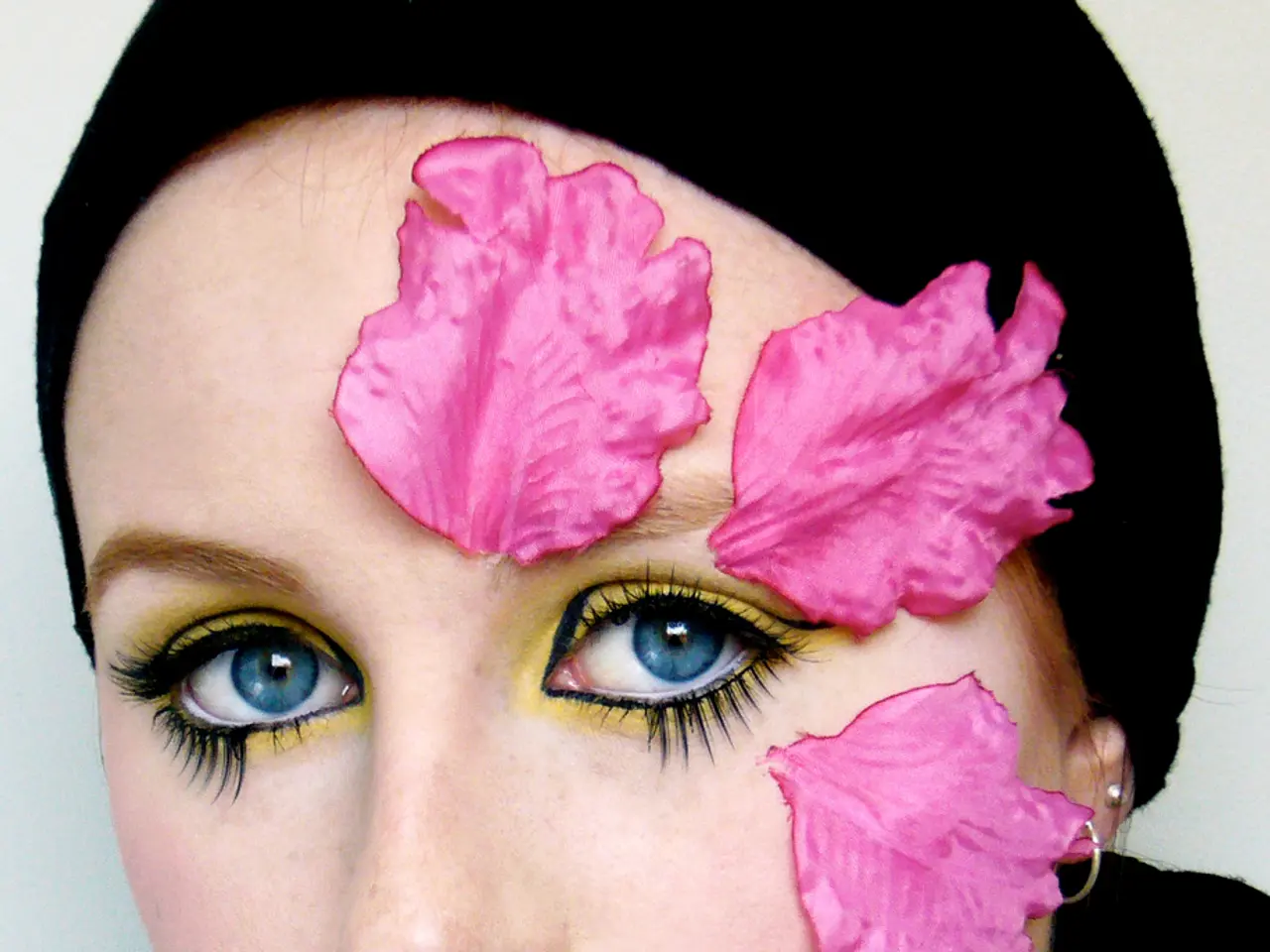Exploring Patient Perspectives in Aesthetic Procedures
In our modern society, the connection between beauty and happiness is a topic that continues to fascinate and divide. This association can be traced back to cognitive biases such as the halo effect, where physically attractive individuals are often perceived to possess more positive traits like sociability, kindness, and trustworthiness. This perception, in turn, reinforces the belief that beauty leads to greater happiness.
However, cultural perceptions significantly shape this belief, as conceptions of beauty vary across societies and historical periods. From ancient Greeks favouring athletic builds to the Renaissance celebrating fuller figures, today's prevalent ideal often emphasizes youthfulness and fitness. These cultural standards can pressure people to pursue cosmetic surgery as a means to align their appearance with valued ideals, hoping to enhance their happiness through improved self-image and social approval.
Yet, the relationship between beauty and happiness is more complex than it seems. Studies using AI-based facial analysis find that faces perceived as more attractive are simultaneously assessed as happier and more trustworthy. However, individuals’ own psychological profiles (self-esteem and mental well-being) do not always statistically correlate with these AI-based beauty assessments. This suggests that although beauty and happiness are linked in perception and cultural narratives, the relationship is multifaceted and influenced by both external societal expectations and internal psychological health.
Cosmetic surgery, a popular means of enhancing one's appearance, often finds its roots in this belief. Stories abound of individuals seeking procedures to boost their self-esteem and emotional well-being. For instance, a woman at a community gathering underwent weight loss followed by body contouring to feel empowered, while Tom underwent a dental makeover and emerged with a radiant grin and newfound enthusiasm for life.
However, it's crucial for patients to feel empowered to ask questions, express concerns, and explore alternatives before undergoing cosmetic surgery. Customized, natural-looking treatments that respect unique individual features tend to yield better psychological outcomes than drastic changes because they promote authentic self-perception and mental health.
Sharing narratives about cosmetic surgery can foster a more empathetic understanding of the motivations behind it. Sarah, an artist who had recently undergone breast augmentation, expressed how her newfound confidence revitalized her artistic expression and enriched her personal relationships. Similarly, Laura underwent rhinoplasty to reclaim her self-esteem.
The beauty of the cosmetic surgery journey often resides in its aftermath, with unexpected joys stemming from these choices. Many patients experience renewed confidence and improved social interactions post-cosmetic procedure. Approaching conversations about cosmetic surgery with curiosity and compassion can lead to valuable lessons and open dialogue.
In relation to cosmetic surgery, cultural perceptions often drive individuals to seek procedures that conform to these beauty norms. However, the process of enhancement can transform into a celebration rather than simply an alteration. The ripple effect of cosmetic surgery can impact career opportunities and personal relationships, but for many, the feeling of well-being that accompanies it is more vital.
To further enhance understanding of cosmetic surgery, one can check out the external resource at https://europesurgery.Co.uk/cosmetic-surgery-prices/. Sharing personal experiences during cosmetic consultations often fosters bonds of understanding and empathy. Stories like Sarah's illustrate that cosmetic surgery can lead to a holistic enhancement of one's quality of life.
In conclusion, the belief linking beauty with happiness arises from universal cognitive biases like the halo effect and is heavily mediated by shifting cultural standards and media influences, which strongly impact individuals’ desires for cosmetic surgery aimed at achieving socially valued beauty and, by extension, happiness. However, it's essential to remember that decisions to undergo cosmetic surgery frequently stem from a desire to improve self-esteem and emotional well-being rather than mere aesthetic enhancement alone.
- The exploration of beauty and happiness in modern society extends to fields like photography, media, and events, capturing the idealized versions of beauty prevalent in our society.
- Fashion, an integral part of self-expression, often reflects these societal ideals of beauty, with the invitation for personal growth and self-development in adapting them.
- Despite the perceived correlation between beauty and happiness, the need for health-and-wellness, mental-health, and education-and-self-development should not be overlooked in the pursuit of physical attractiveness.
- In the context of cosmetic surgery, science plays a pivotal role in ensuring natural-looking, customized treatments that promote authentic self-perception, contributing to better mental health.
- As the understanding of cosmetic surgery evolves, discussions surrounding it become essential in various platforms, including health-and-wellness, mental-health, and education-and-self-development forums, fostering empathy, questioning societal norms, and promoting personal-growth.




